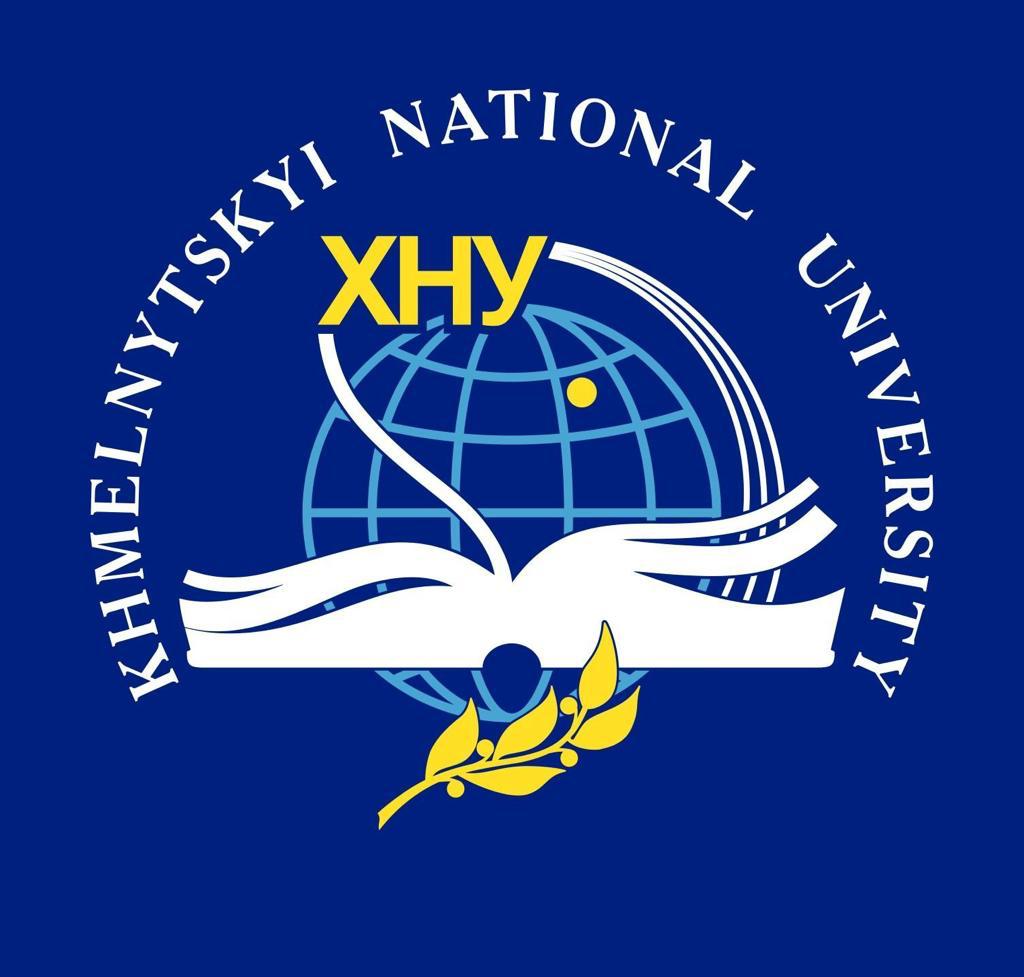FORMATION OF MOTIVATION OF YOUNG ATHLETES TO ENGAGE IN SWIMMING IN THE DISTANCE TRAINING PROCESS
DOI:
https://doi.org/10.31891/pcs.2024.3.17Keywords:
swimming, questionnaire, distance learning, training process, online trainingAbstract
Motivation is of high importance in any human activity, especially in sports, where it is necessary to achieve the best result in a very short time in a situation of fierce competition with other athletes and sports teams. The purpose of the study is to investigate the influence of the experimental methodology of online swimming lessons on the formation of motivation of young swimmers in the conditions of the remote training process. Participants: 13 swimmers of the Yana Klochkova Children's and Youth Aquatics School (age 13-14 years) in Kharkiv. The experiment lasted 13 weeks from April to June 2024. At the beginning and at the end of the experiment the questionnaire was conducted in an interactive form with the help of Google form. Research methods: theoretical analysis and generalization of modern literary data, questionnaire method, methods of mathematical statistics Results: an experimental methodology was developed to form external and internal motives of athletes to swim in the conditions of distance learning. The methodology of online classes included: exercises for the development of physical qualities “Dry swimming”, which were conducted online by a coach and athletes with the introduction of the pedagogical approach “I am a coach”, theoretical classes, online meetings with famous swimmers, watching videos and entertaining games. The statements for the questionnaire were selected to identify the attitude of swimmers to the updated online training methodology. It was found that the results of the majority of answers to the statements of the questionnaire of the studied group of athletes differ significantly at the end of the experiment (p<0.05; p<0.01). Conclusions: the methodology of online swimming lessons was developed and implemented in the educational and training process of young swimmers, which included a combination of online training sessions for the development of physical qualities with the introduction of the pedagogical approach “I am a coach”, watching video performances of famous swimmers and entertaining games, the effectiveness of the use of theoretical and practical training of athletes was shown
References
Akimenko B.V., Lytvynenko A.M. (2020). Motyvatsiia zaniat sportom vstanovlenniam tsilei Materialy II Mizhnarodnoi naukovoi konferentsii «Osvita i nauka u minlyvomu sviti: problemy ta perspektyvy rozvytku». Nauk. red. O.Iu. Vysotskyi. Dnipro: SPD «Okhotnik». 293–294.
Balamutova N. M., Sheiko L. V., & Oleinykov I. P. (2005). Doslidzhennia motyvatsii ta efektyvnosti ozdorovchoho trenuvannia dlia zhinok, yaki zaimaiutsia u fizkulturno-ozdorovchykh hrupakh z plavannia. Fizychne vykhovannia studentiv tvorchykh spetsialnostei, 1, 79-85.
Voloshchuk K., Mitova O. & Rakovska I. (2024). Teoretychna pidhotovka yak zasib pidvyshchennia motyvatsii do zaniat voleibolom u zdobuvachiv zakladiv fizychnoi kultury i sportu. Sportyvni ihry, (1(31), 4–15. https://doi.org/10.15391/si.2024-1.01
Voronova, V.I. (2017). Psykholohiia sportu: navch. posib. Kyiv: Olimpiiska literatura, 204-211.
Hnatchuk, Ya. (2022). Intelektualna informatsiina tekhnolohiia dlia orhanizatsii zmahan z plavannia. Physical culture and sport: scientific perspective, (2), 48–59. https://doi.org/10.31891/pcs.2022.2.8
Mysak, Ya., Vyshnovskyi, V. (2022). Psykholohichni chynnyky motyvatsii dosiahnennia u sporti. Zbirnyk tez dopovidei Ⅱ Mizhnarodnoi naukovo-praktychnoi konferentsii „Transformatsiia biznesu dlia staloho maibutnoho: doslidzhennia, didzhytalizatsiia ta innovatsii, 23:164-5.
Podshyvailov, F. (2015). Motyvatsiina sfera osobystosti: diahnostychno-rozvyvalnyi putivnyk: metodychni rekomendatsii. Instytut obdarovanoi dytyny, 55.
Rodyhina, V.P. (2022). Formuvannia motyvatsii u studentiv do zaniat z fizychnoho vykhovannia na dystantsiinomu navchanni v umovakh viiny. Lidery KhKhI stolittia. Pohliad u maibutnie, 73-76
Semenovych S., Davydiuk I. (2023). Motyvatsiia u sporti: doslidzhennia suchasnoho osvitnoho landshaftu. Vyshcha osvita Ukrainy, (4), 57-63.
Shainoha, A.Iu. Kushnir, I.S. (2022). Problema formuvannia interesu ta motyvatsii do zaniat fizychnoiu kulturoiu studentskoi molodi u period dystantsiinoho navchannia. In The 9 th International scientific and practical conference “Modern research in world scienceSPC “Sci-conf. com. ua”, Lviv, Ukraine. 1977-1983.
Abduganiyevich, K. A. (2021). Pedagogical conditions for forming sports motivation. Academicia: An International Multidisciplinary Research Journal, 11(3), 1662-1667.
Alvarez, O. Tormo Barahona, L. Castillo, I. Moreno-Murcia, J.A. (2021). Examining Controlling Styles of Significant Others and Their Implications for Motivation, Boredom and Burnout in Young Swimmers. Int. J. Environ. Res. Public Health, 18, 5828. https://doi.org/10.3390/ijerph18115828
Balaguer, I., González, L., Fabra, P., Castillo, I., Mercé, J., Duda, J.L. (2012). Coaches’ interpersonal style, basic psychological needs, and the well- and ill-being of young soccer players: A longitudinal analysis. J. Sports Sci., 30, 1619–1629.
Boixados, M. et al. (2004). Relationships Among Motivational Climate, Satisfaction, Perceived Ability, and FairPlay Attitudes in Young Soccer Players, Journal of Applied Sport Psychology, 16(4), 301-317.
Carral, JMC, Pérez, CA, & Prieto, C.M (2014). Energy cost and motivation in a population of young swimmers. Revista Brasileira de Medicina do Esporte , 20 , 429-432.
Moreira, CR, Nascimento Junior, JRAD, Mizoguchi, MV, Oliveira, DVD, & Vieira, LF (2016). Іmpact of adhesion reasons in the motivational regulation of master swimmers during the season. Revista Brasileira de Cineantropometria & Desempenho Humano, 18, 429-440.
Ryan, R.M., Deci, E.L. (2017). Self-Determination Theory: Basic Psychological Needs in Motivation, Development and Wellness; Guilford Press: New York, NY, USA, 123-134.
Schüler, J., Wolff, W., Duda, J. (2023). Intrinsic Motivation in the context of sports. In Sport and Exercise Psychology-Theory and Application; Schüler, J., Wegner, M., Plessner, H., Eklund, R.C., Eds.; Springer Nature: Cham, Switzerland, 171–192.
Simón-Piqueras, J.Á., Gil-Madrona, P., Zamorano-García, D., Torre-Maroto, MDL, Fernández-Bustos, J.G. (2023). Self-Determined Regulation, Achievement Goals and Sport Commitment in Spanish Masters Swimmers. Behavioral Sciences. 2023; 13(10):828. https://doi.org/10.3390/bs13100828
Sobko I, Shevchenko M. Divers recovery methods during the competitive period. Health Technologies. 2023, 1(4), 46-55. https://www.htj1.com/index.php/ht/article/view/81
Standage, M., Ryan, R.M. (2020). Self-determination theory in sport and exercise. In Handbook of Sport Psychology: Social Perspectives, Cognition, and Applications, 4th ed.; John Wiley & Sons, Inc.: Hoboken, NJ, USA,; 1, 37–56.
Treasure, D.C. and Roberts, G.C., Applications of Achievement Goal (2019). Theory to Physical Education:Implications for Enhancing Motivation, Quest, 47(4), 475-489
Walling, M.D., Duda, J.L. and Chi, L., (2013). The Perceived Motivational Climate in Sport Questionnaire:Construct and Predictive-Validity, Journal of Sport & Exercise Psychology, 15(2), 172-183
Downloads
Published
How to Cite
Issue
Section
License
Copyright (c) 2024 Ірина СОБКО , Яна СОБКО, Наталія БАЛАМУТОВА, Ілля КУРИЛО

This work is licensed under a Creative Commons Attribution 4.0 International License.





